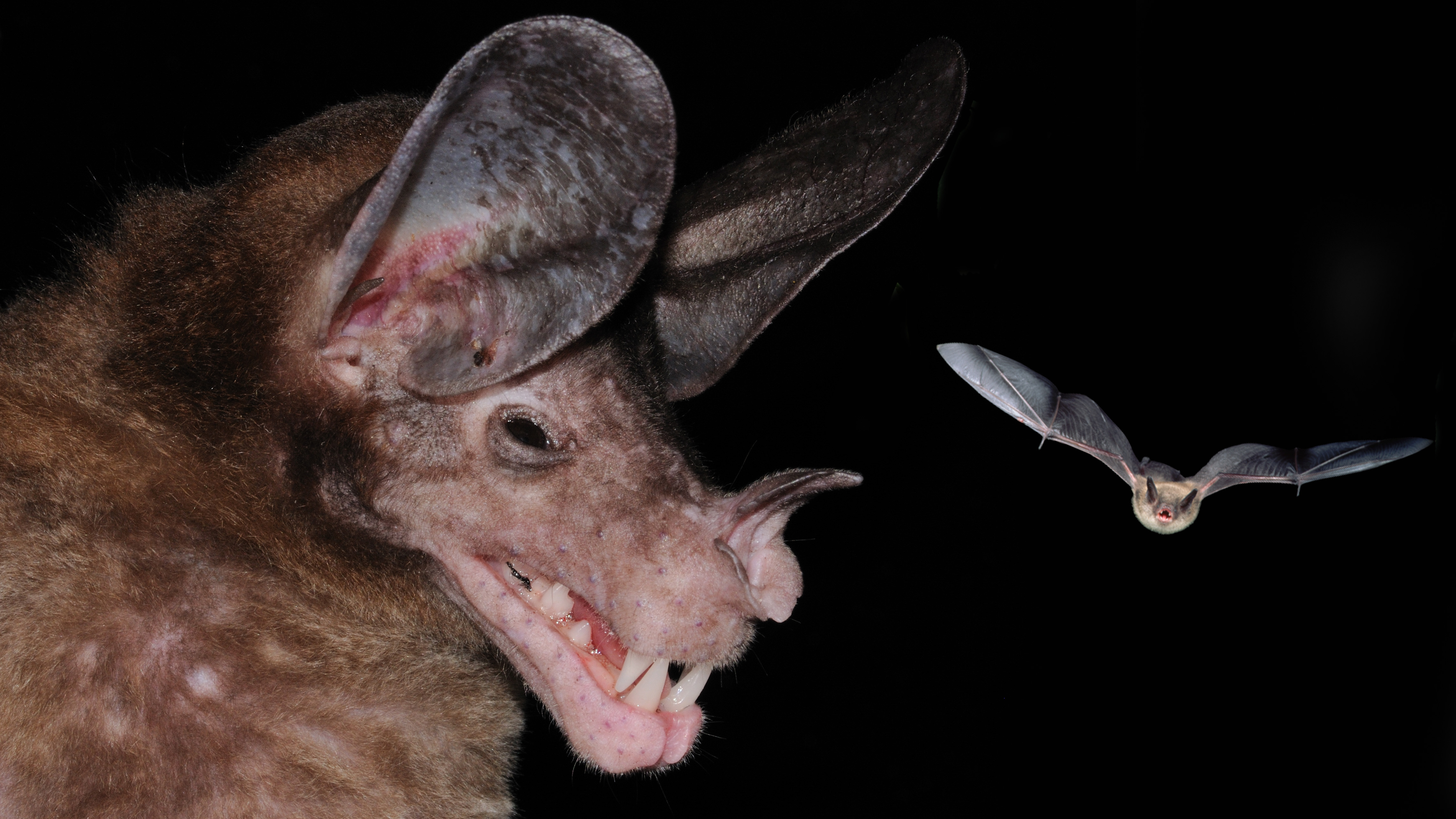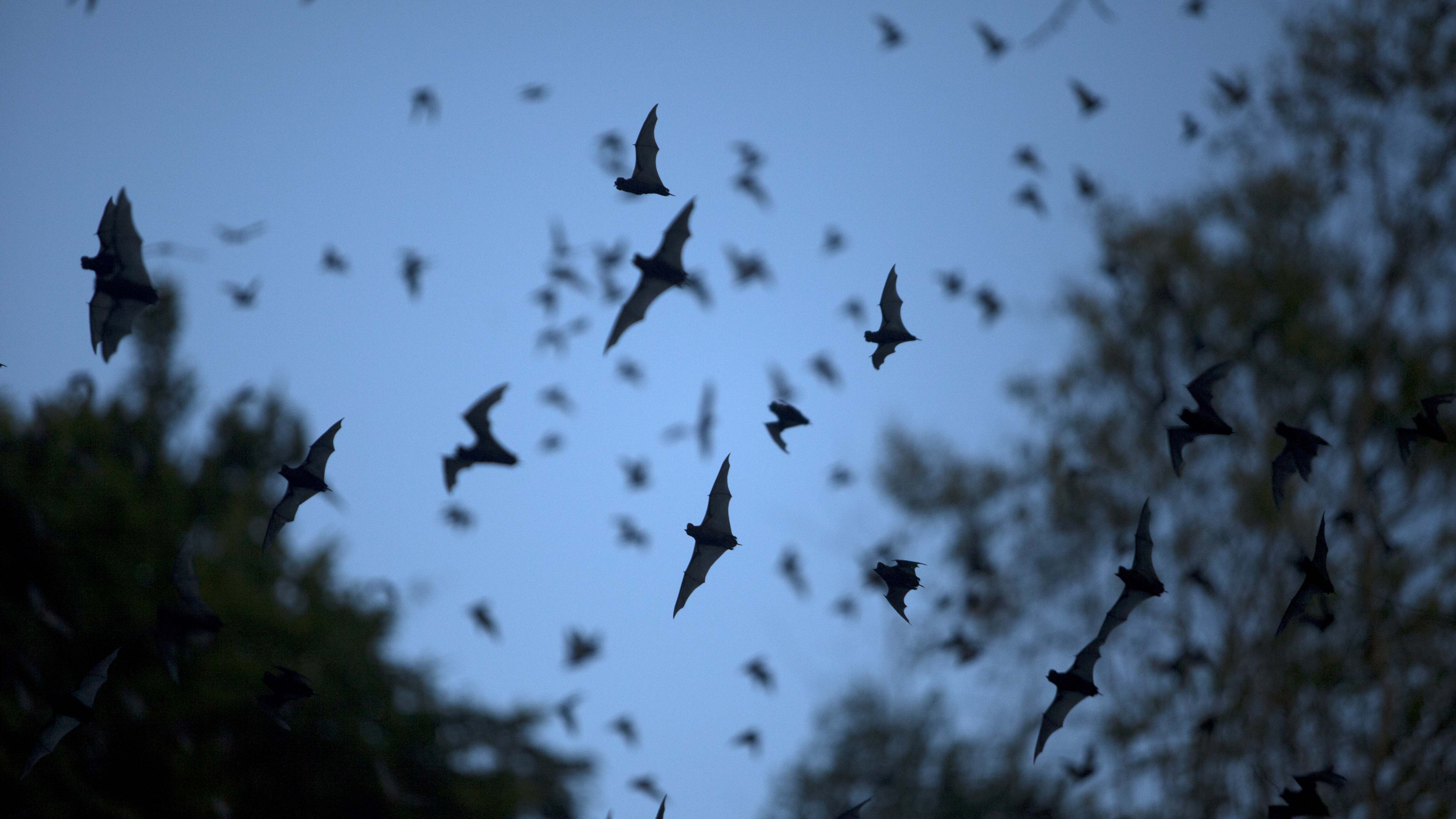
Want all the hottest music and gear news, reviews, deals, features and more, direct to your inbox? Sign up here.
You are now subscribed
Your newsletter sign-up was successful
The link between bats and metal is already established thanks to the likes of Ozzy Osbourne and Avenged Sevenfold, but the mammals are actually far more into the scene than anyone could have predicted; they're technically death metal vocalists.
Scientists have found that the mammals use the same ventricular folds as extreme metal and Tuvan throat singers to make sounds to eachother.
The ventricular folds are two thick folds of mucous membrane in the throat that are often referred to 'false' vocal chords. Actually, Mucous Membrane could make a good name for a death metal band now we think about it…
We digress. The studies have concluded that bats have a vocal range that actually surpasses humans.
While they are known to use emit ultrasonic chirps to echolocate flying insects when they hunt in the dark using a range of three to four octaves, they also use their ventricular folds to communicate with each other at much lower ranges.
“The only use in humans for these vocal folds is during death metal singing and Tuvan throat singing,” Prof Coen Elemans, who led the research at the University of Southern Denmark, told the Guardian. “The oscillations become very irregular, they become very rough, and that’s what you get with death metal grunting.”

If you listen to a bat colony in the summer you can hear these calls very clearly
So what do the bats mean when they grunt at each other? That's still a bit of a mystery.
Want all the hottest music and gear news, reviews, deals, features and more, direct to your inbox? Sign up here.
“If you listen to a bat colony in the summer you can hear these calls very clearly,” said Prof Elemans. “We don’t know the function of the calls, but they make them when they are annoyed with each other, and when they fly away or join a colony.”
Or join a death metal band.
The full study is published in Plos Biology.

Rob is the Reviews Editor for GuitarWorld.com and MusicRadar guitars, so spends most of his waking hours (and beyond) thinking about and trying the latest gear while making sure our reviews team is giving you thorough and honest tests of it. He's worked for guitar mags and sites as a writer and editor for nearly 20 years but still winces at the thought of restringing anything with a Floyd Rose.